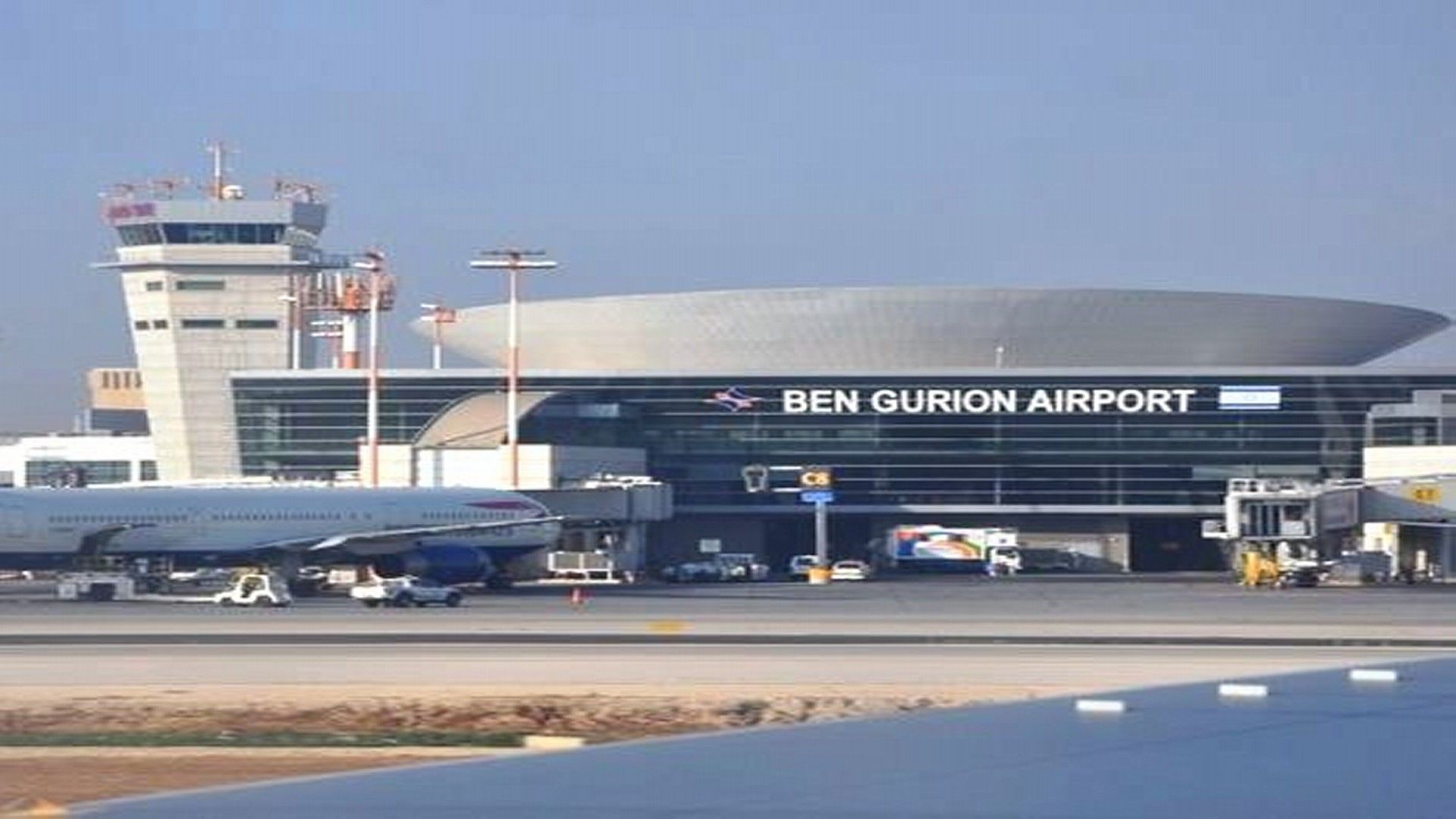U.S. and European Airlines Halt Flights to Tel Aviv

I absolutely understand the concern raised by this single small rocket. The entire world has endured a miserable, helpless, gruesome week observing the aftermath of Malaysian Air Flight 17. If you think airline executives and aviation bureaucrats feel human emotions, and I suspect at least some of them do, then for them this past week has been both a human and business disaster. Nobody wants to see this repeated. And given last week’s events, no airline can afford to risk it happening again. They just can’t. I understand that. But, having said that, suspending flights to Tel Aviv might still be the wrong thing to do.
Terrorist plots against civil aviation have evolved. It’s no longer about ransom money, securing safe passage to some failed state hell-hole, or even cheap publicity. Civil aviation is an enormous economic engine in its own right but it sits at the center of so many other business that taking it offline for any extended time would have an economic impact so vast that, frankly, it is beyond calculation.
Modern terrorists dream of dropping tens of planes out of the sky in a short period of time. The goal isn’t to kill a few thousand people. Death, destruction, and terror are the immediate impact but the ultimate goal is grounding airlines. Terrorists dream of paralyzing a core economic engine and watching the impacted downstream businesses fall like dominoes.
So here sits Israel. Forget about whether you support them or not for the moment – if that is even possible. In a tiny country with hostile neighbors Ben Gurion Airport is the only practical lifeline Israel has to the rest of the world:
Imagine if the United States had only one airport and that driving in and out of the country wasn’t really an option. That should give you an idea of how important Ben Gurion Airport is to both Israel’s economy and its sense of national well-being.
And so now Hamas finds itself, with militarily insignificant weapons (essentially only useful for terrorizing civilians), punching way above it’s weight. An overabundance of caution by airlines and aviation officials, even if it lasts only 24 hours or so, will cost Israel millions. And what will the airlines do if flights resume and another rocket lands a mile away the next day? What will they do if this pattern repeats itself day after day after day? Even more importantly, what will they do when these cheap and easy attacks are directed at other airports around the world?
And that is my concern. While I understand the anxiety driving these decisions my fear is that we’ve lowered the bar for terrorists. We should resist the chaos they seek even if it means incurring slight risk. What is so troubling about this incident is that the disruptive impact of these safety measures absolutely outweigh the potential risk. There are only more challenges ahead, some will be vastly more difficult than this, and finding balance in our response is essential if we want to win the long game.
